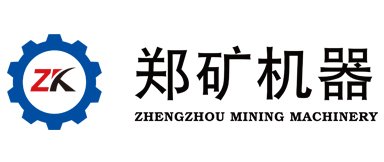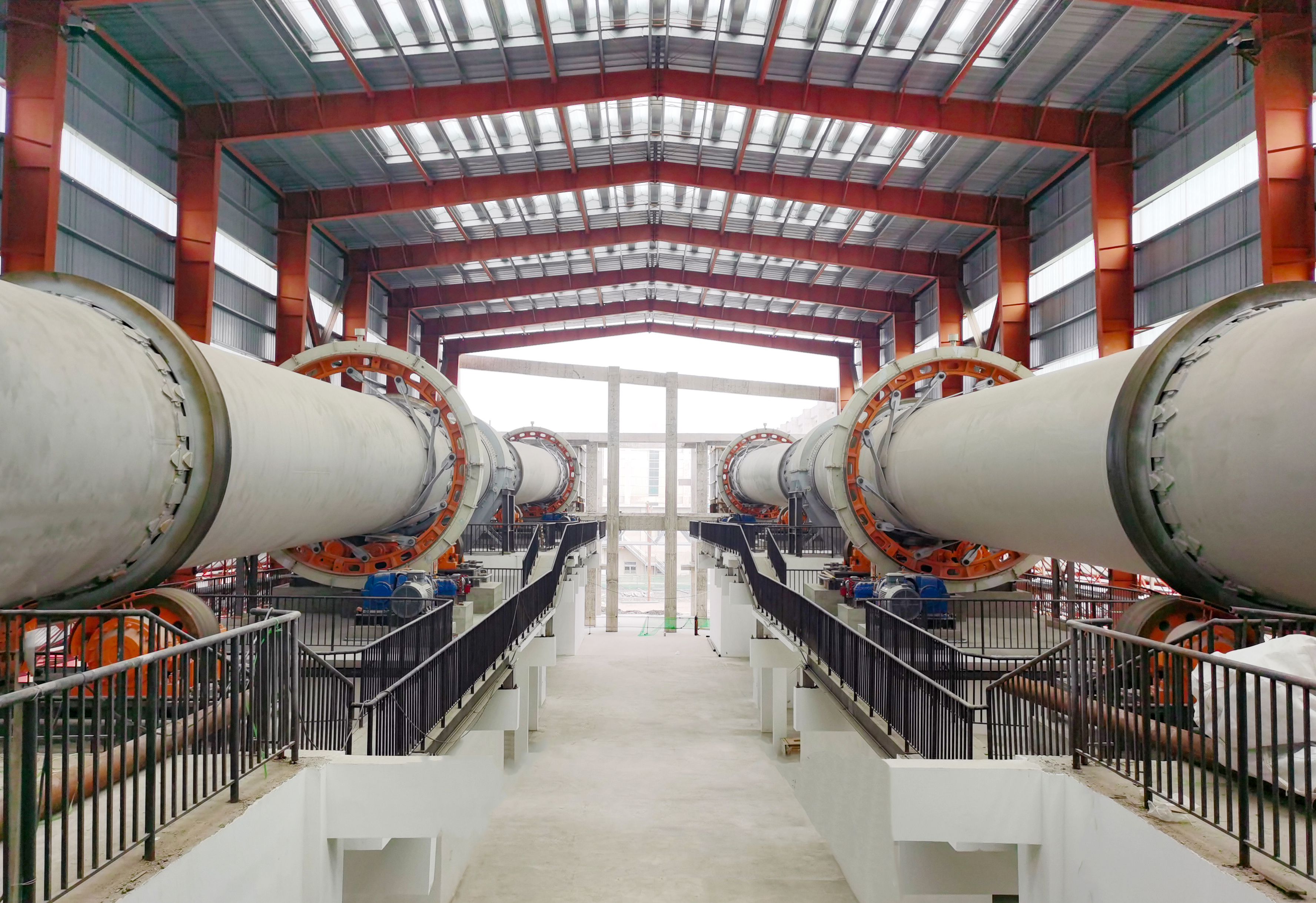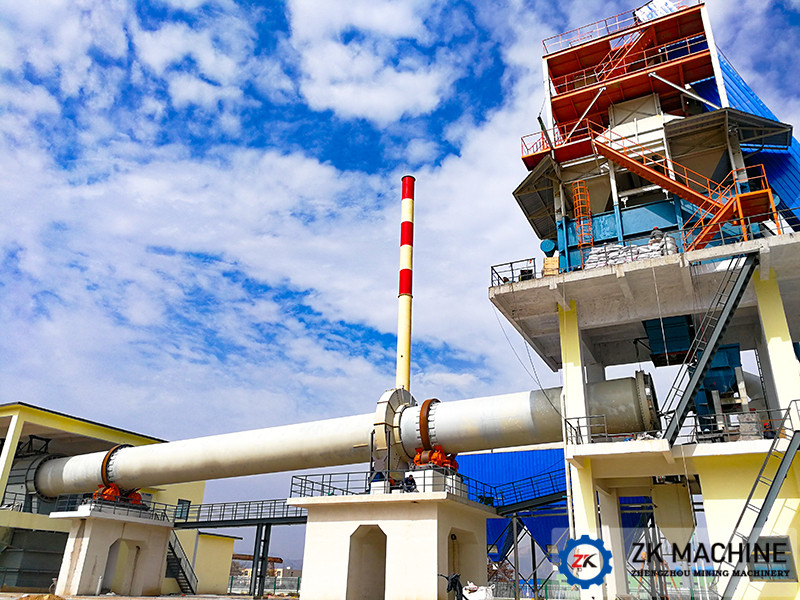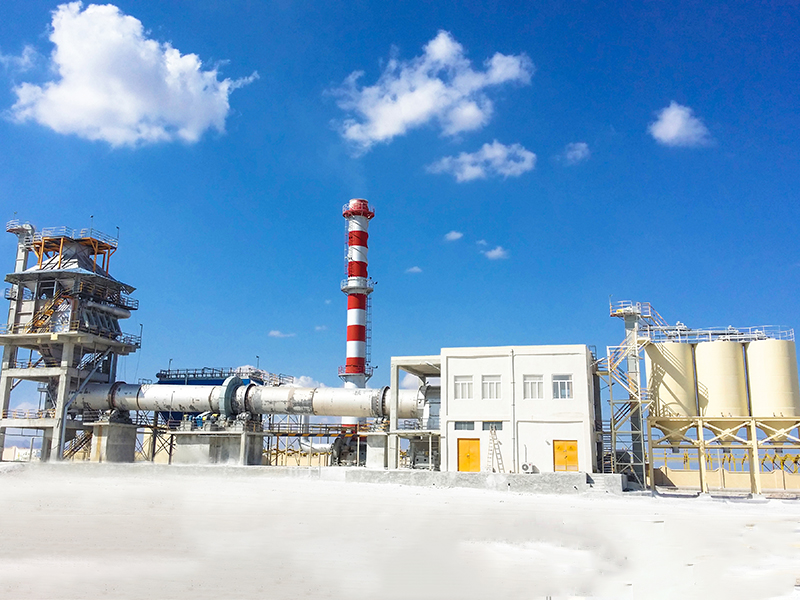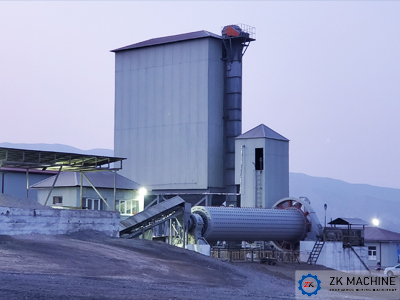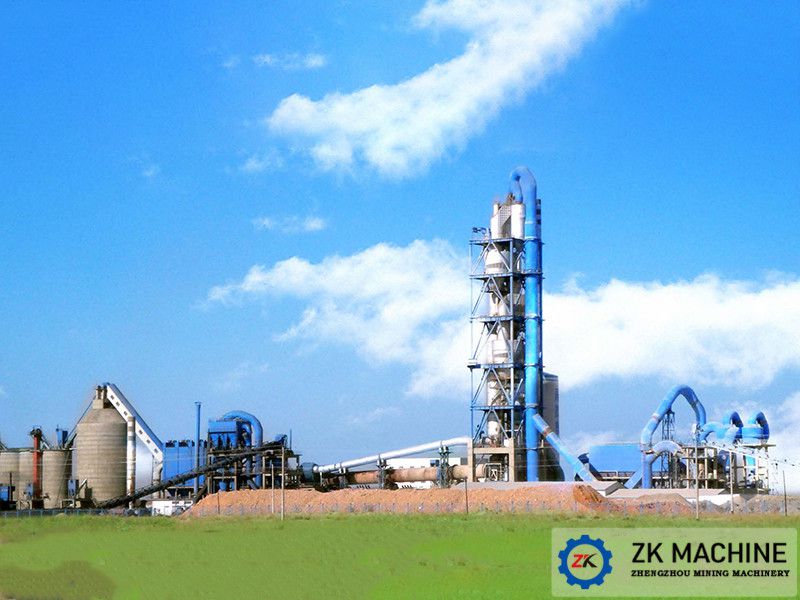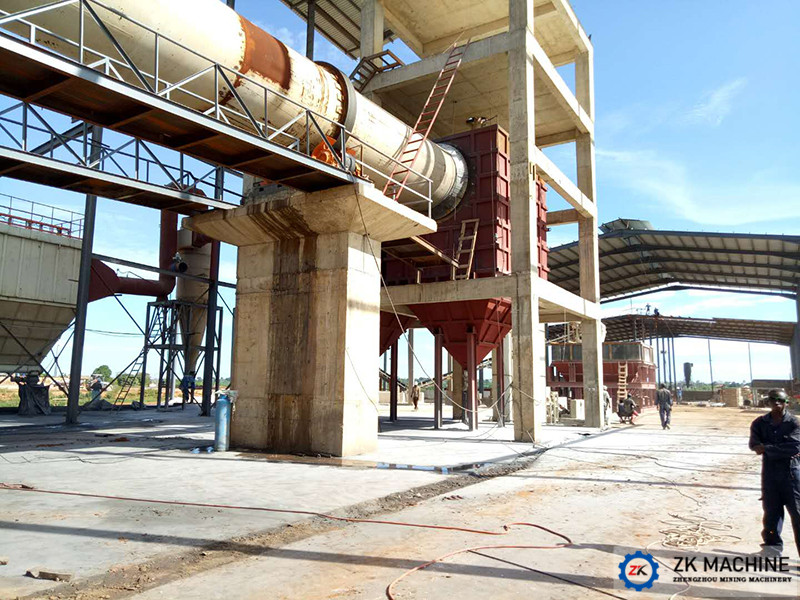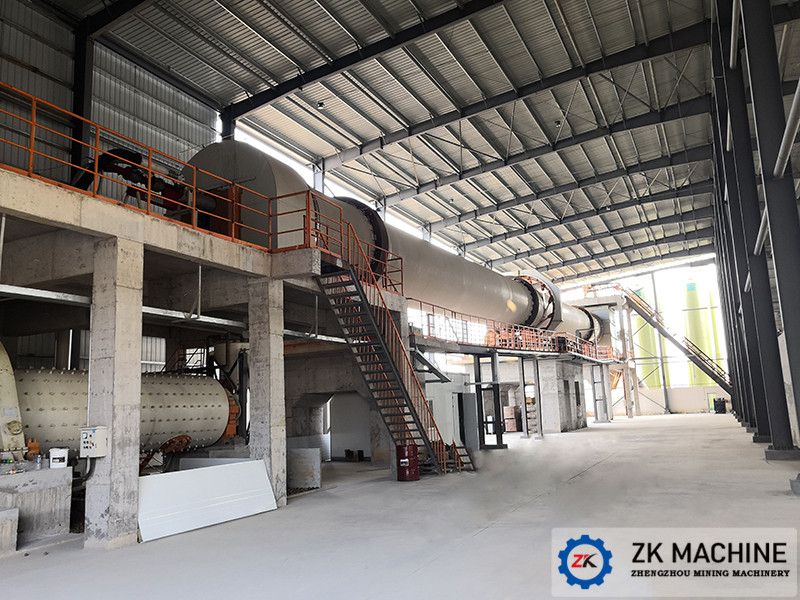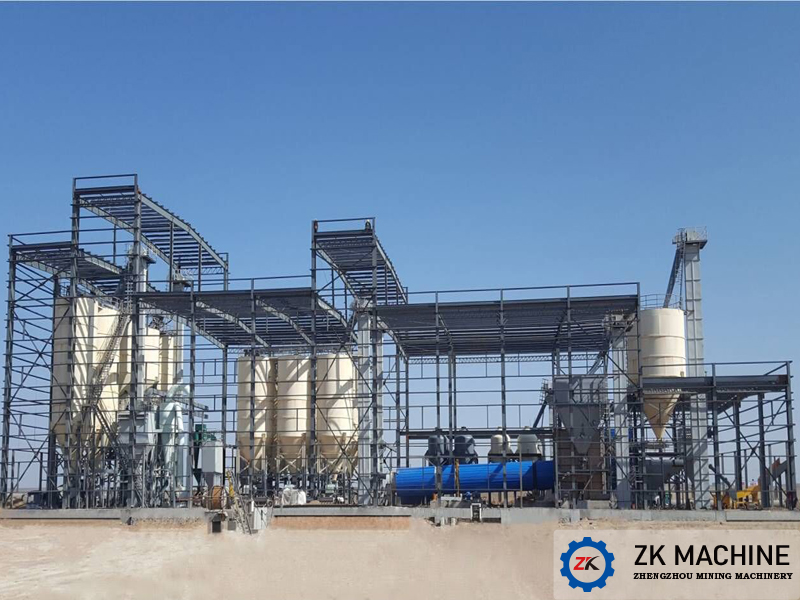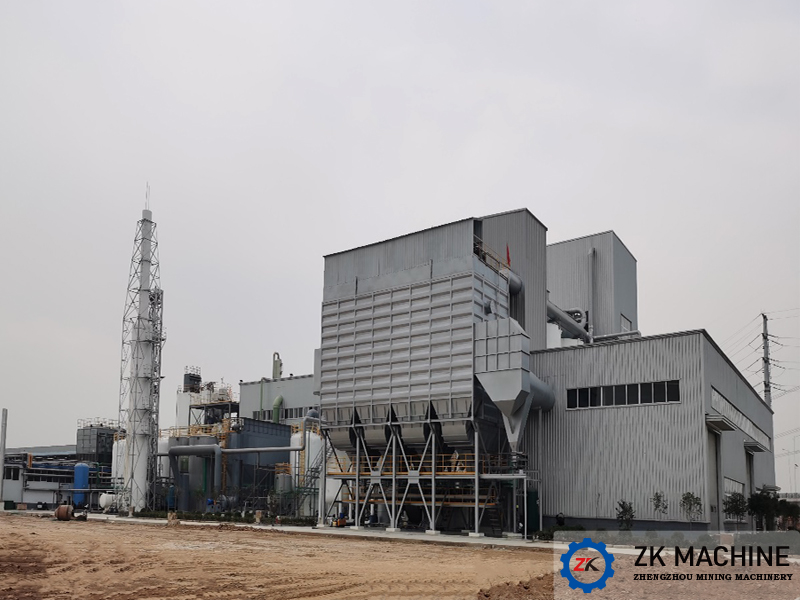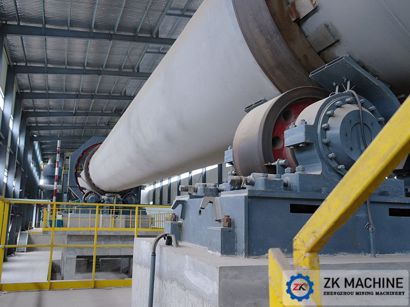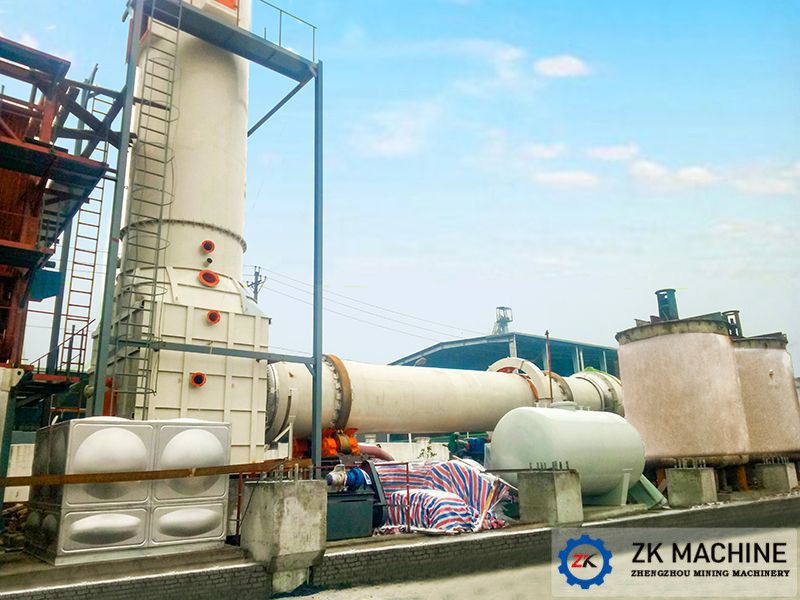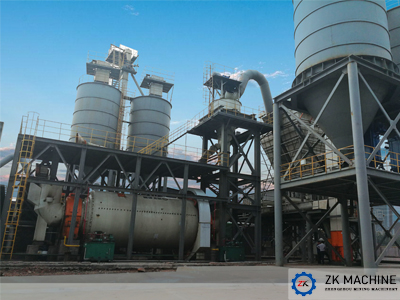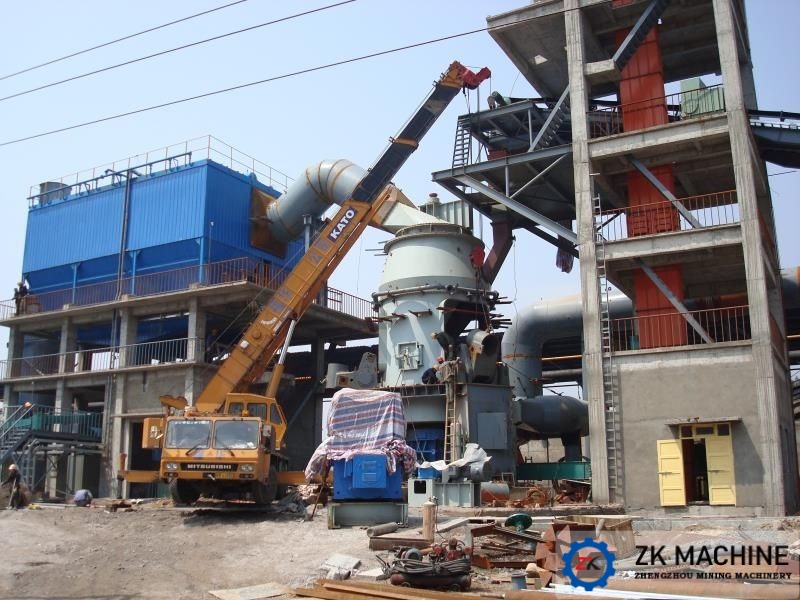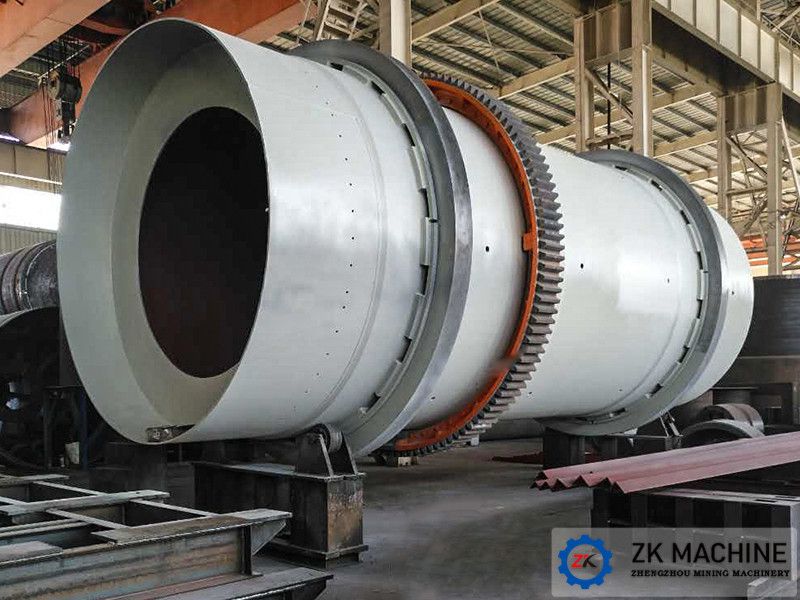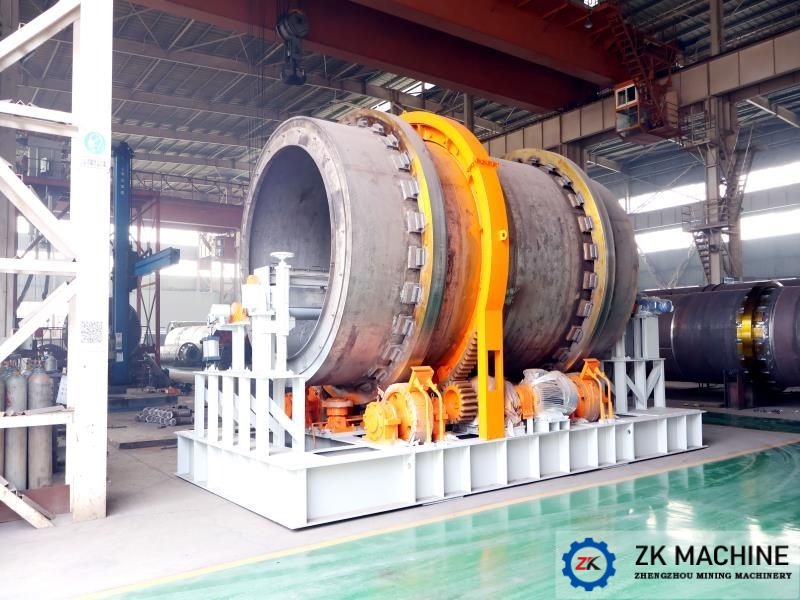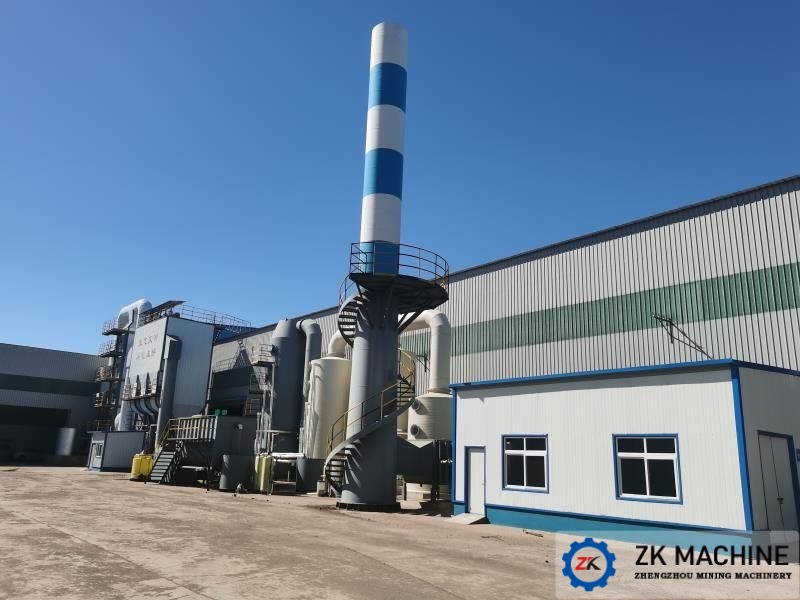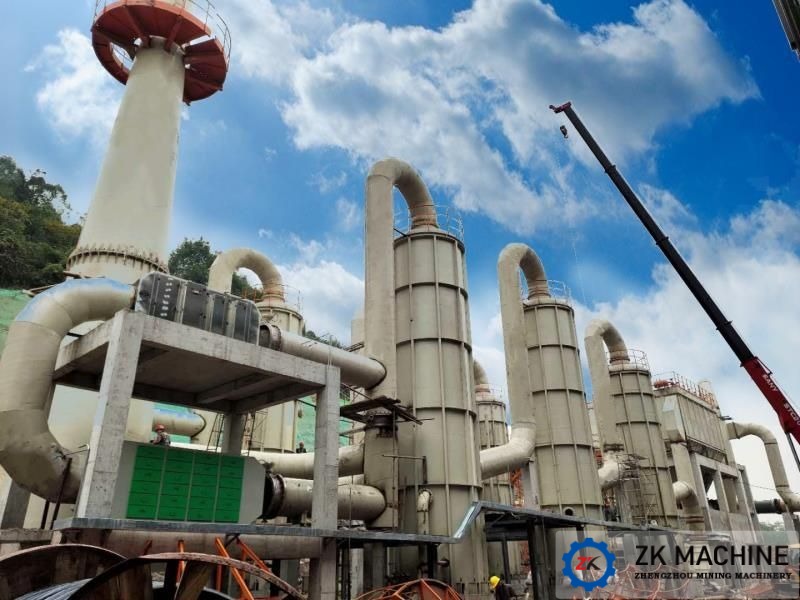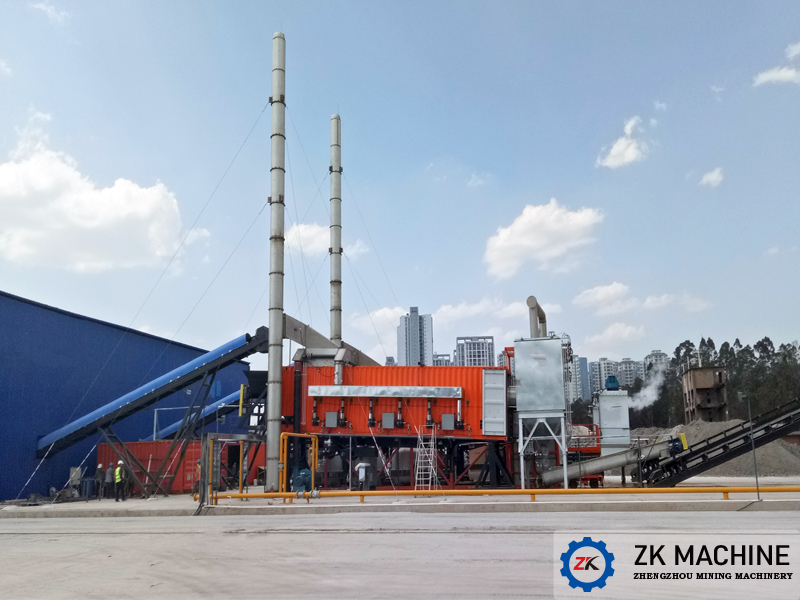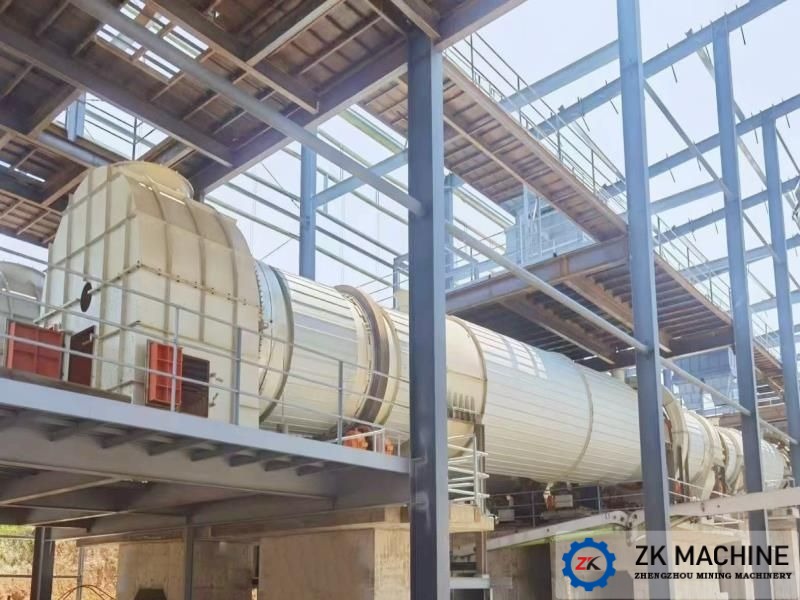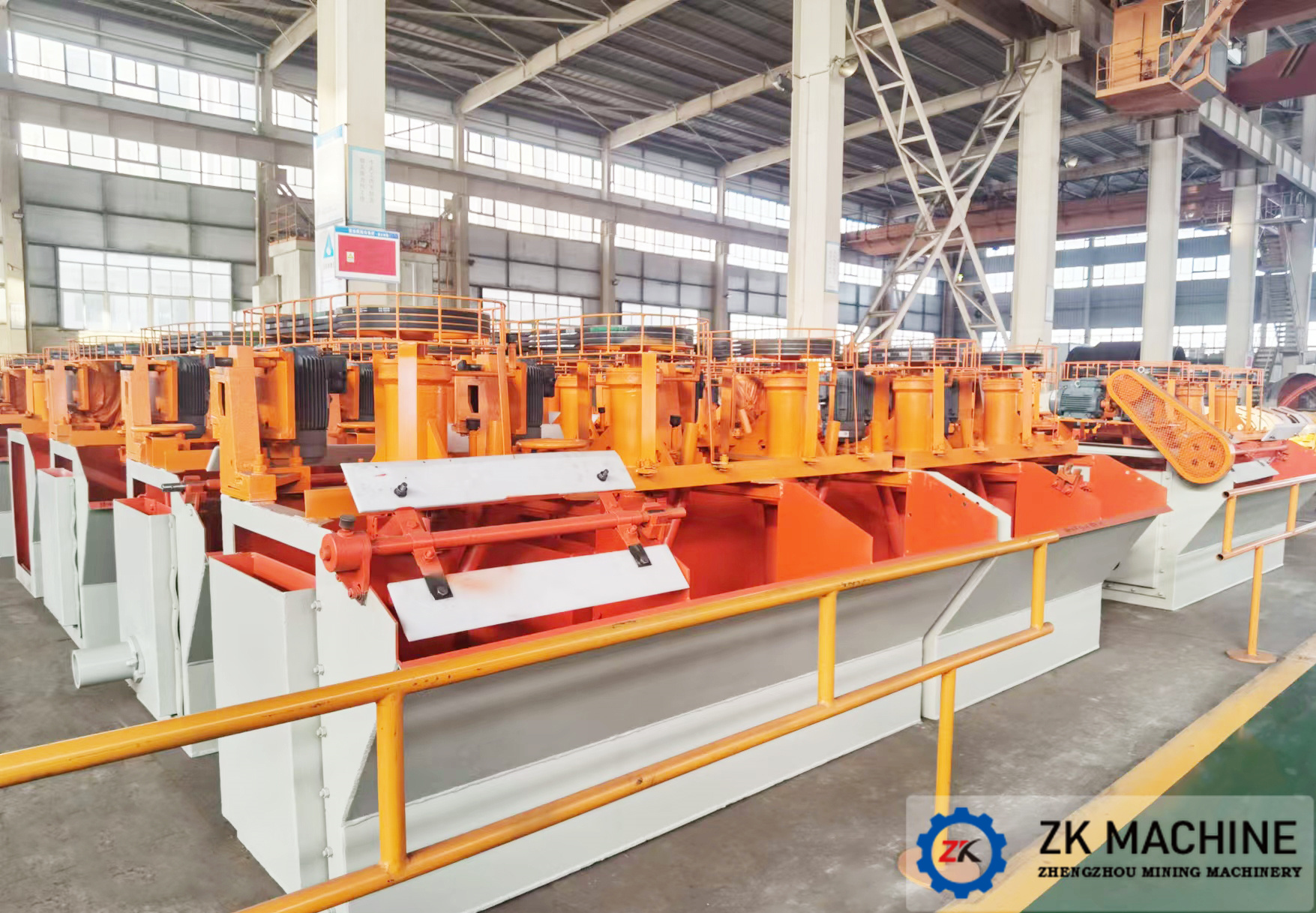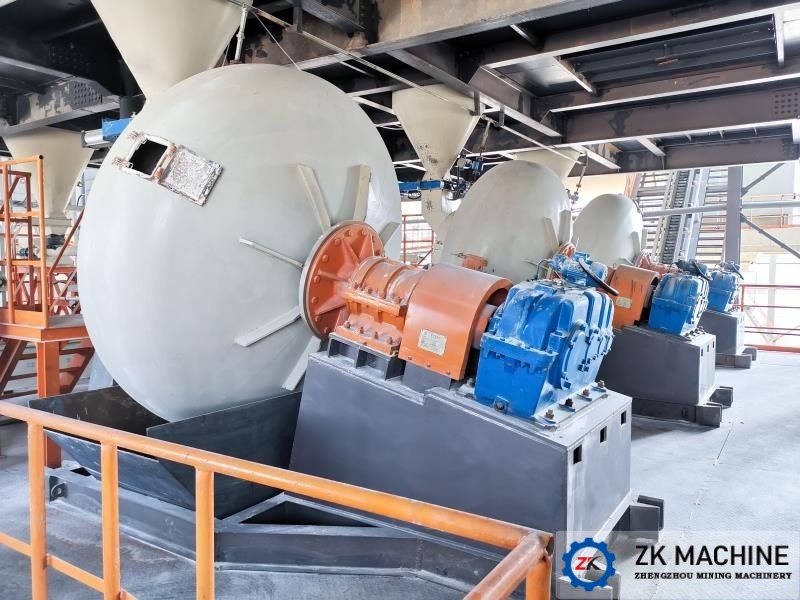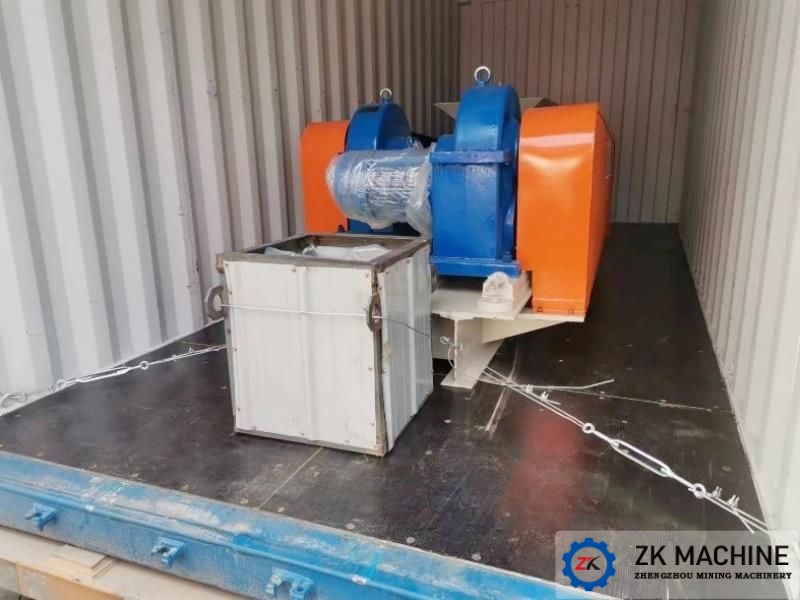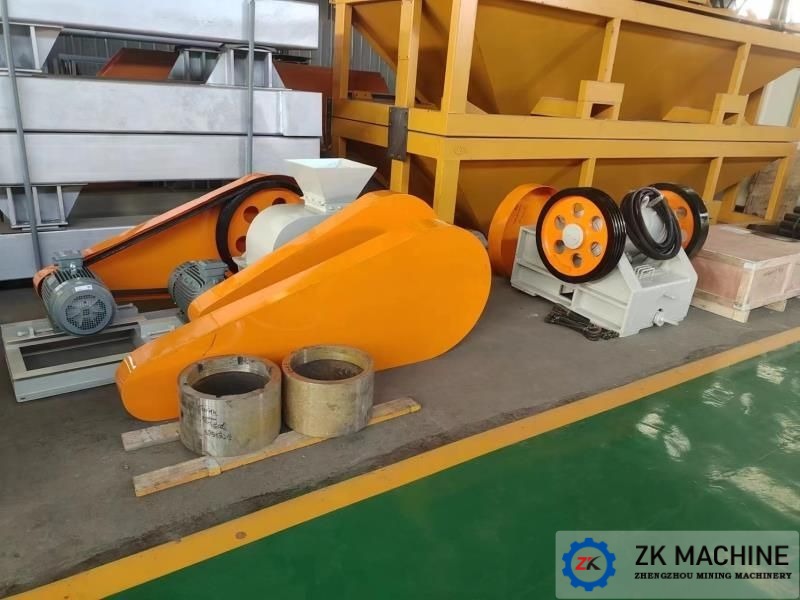Quicklime Application
Quicklime is the least expensive and most widely-used alkali. It is used for a wide variety of industrial applications:
1 Agriculture: Lime increases fertilizer efficiency. Liming an acid soil raises the soil pH, the levels of calcium and magnesium, accelerates micro-biological activity and increases the rate of release from the soil of organic matter and nutrient elements.
2 Aluminium Industry: Lime helps remove silica from bauxite ore during the manufacture of alumina.
3 Building industry: Lime is used in the manufacture of lime silica bricks, insulation and building board materials. It is used in the mortar to lay bricks and the render of walls. Lime is also added to concrete and plaster to improve their performance.
4 Food industry: Lime is reacted with crude sugar juice for the production of both cane and beet sugars. Lime is an ingredient in baking soda and helps keep fruit and vegetables fresh.
5 Industrial Waste Water Treatment: Lime neutralizes acid wastes generated in industry thereby impeding corrosion and protecting the natural environment. Lime also removes silica, manganese, fluorides, iron and other impurities from water.
6 Metals Extraction Industries: Lime serves as a "flotation" vehicle in the recovery of copper, mercury, zinc, nickel, lead, gold and silver.
7 Paper manufacture: Pulp and paper manufacturers use lime to recover caustic soda during the conversion of wood chips to pulp. Lime bleaches the pulp and also dissolves non-cellulose components of straw and disintegrates it's fibres during the manufacture of strawboard and pasteboard.
8 Pollution control: Lime is used to absorb sulphur dioxide from exhaust gases in smelters and power generation plants.
9 Road construction: Lime converts unstable clay sub-grades by breaking down clod formations. It creates soil that will not swell or shrink. It can provide a cementing action that stabilizes soil into a steadfast layer impervious to water penetration.
10 Sewage treatment: Lime reduces pollution by removing organic matter, phosphates and nitrogen from waste water. It prevents over vegetation in streams and lakes, controls odours from waste ponds and precipitates heavy metals
11 Soil stabilisation: Lime can be used to stabilise soil in wet, boggy conditions to allow earthworks to continue.
12 Steel Industry: Lime is used as a flux for purifying steel and for removal of phosphorous, sulphur and silicon impurities. Lime lubricates steel rods as they are drawn through dies to form wire. As a whitewash coating, lime prevents ingots sticking to the moulds during pig iron casting. A bath of lime neutralizes traces of pickling acid adhering to steel products.
13 Tanneries: Lime removes hair and plump hides preparatory to leather tanning.
14 Water Treatment: Lime treats potable and industrial water supplies, including drinking water for cities and process water used in industry. It softens water by removing bicarbonate hardness and disinfects against bacteria.
